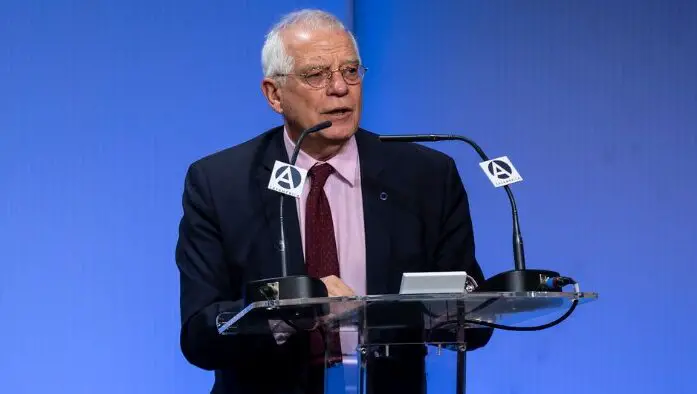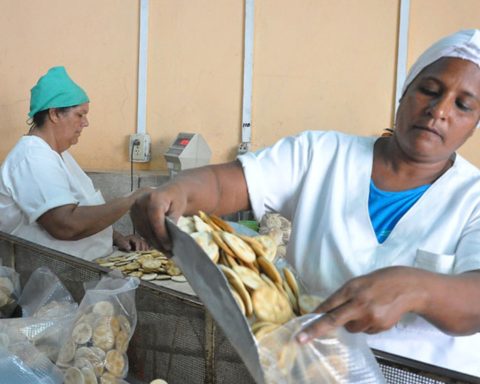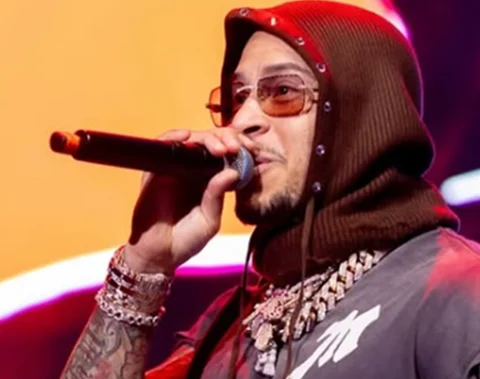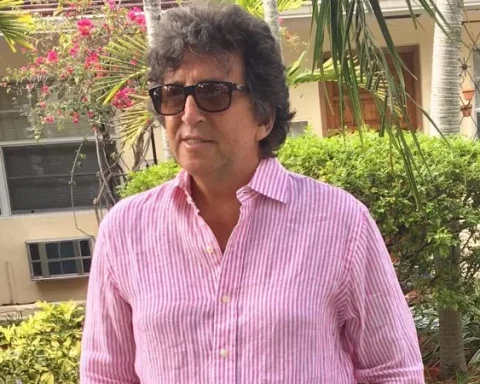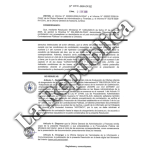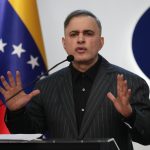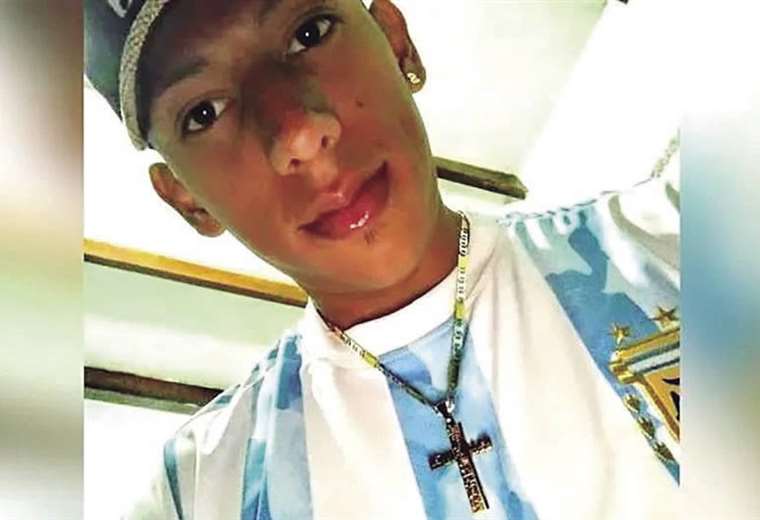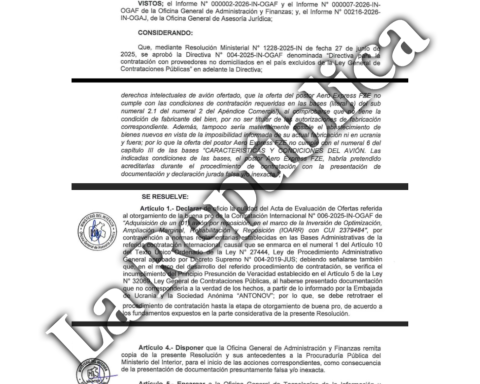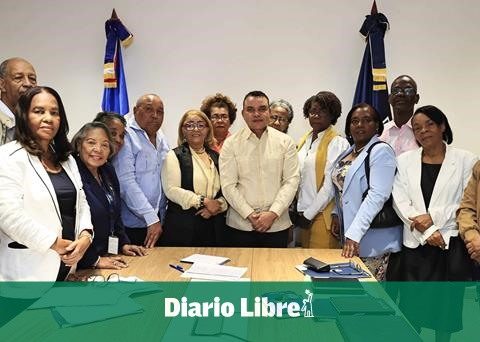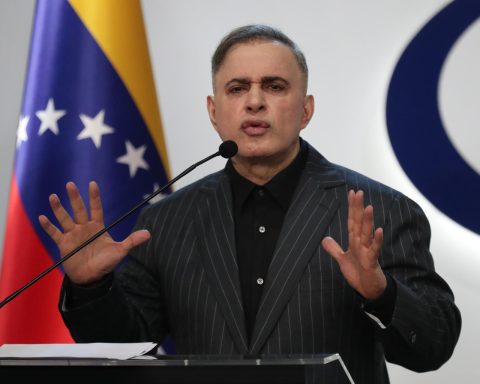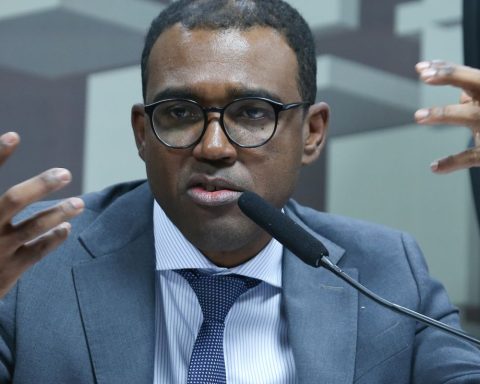MADRID, Spain.- A group of seven NGOs they joined this Monday to urge the High Representative of Foreign Policy of the European Union (EU), Josep Borrell, to guarantee that human rights are the center of the European Union’s relations with the Cuban Government.
Through a open letter, On the occasion of Borrell’s visit to Cuba in the coming days, the organizations recalled that on the Island there is a continuous repression by the authorities against the rights to freedom of expression, peaceful assembly and association in the country, repressing the voices dissidents and attacking human rights defenders.
The EU must ensure that human rights remain at the center of the EU’s relations with Cuba. ????
Read our letter to the High Representative of the EU for Foreign Affairs and Security Policy – @JosepBorrellF .@amnesty @hrw @FrontLineHRD @fidh_eu https://t.co/CKH9Uyw8r4
—Civil Rights Defenders (@crdefenders) May 22, 2023
It also exposes that the Cuban government’s approach has long been marked by restrictive laws, censorship and intimidation tactics, with a growing machinery to control.
Among the requests made by these organizations to Josep Borrell are:
- Demand that the Cuban authorities immediately and unconditionally release all those detained solely for exercising their human rights
- The EU and its member states must raise the cases of José Daniel Ferrer García, Luis Manuel Otero Alcántara, Maykel ”Osorbo” Castillo Pérez, Aymara Nieto, Sissi Abascal Zamora, Donaida Pérez Paseiro and the dissident artists Richard Zamora Brito “El Radikal”, Maria Cristina Garrido Rodriguez and Randy Arteaga-Rivera.
- Establish a national legislative framework to safeguard the right to protest; in parallel, repeal and amend the repressive and/or vaguely worded crimes in the new Penal Code, as well as the laws that have been misused against human rights defenders.
The signatory organizations were Civil Right Defenders, Amnesty International, the International Federation for Human Rights, Front Line Defenders, People in Need, Race and Equality, the World Organization against Torture and the Observatory for the Protection of Human Rights Defenders.
Last week The Cuban Observatory for Human Rights (OCDH) also asked Josep Borrell to advocate for the release of Cuban political prisoners during his stay on the island.
Likewise, the Madrid-based organization urged him to demand that the Cuban regime comply with the Political Dialogue and Cooperation Agreement (ADPC) between the European Union and Havana, signed in 2016.
A few days earlier, the Cuban opposition group D Frente considered that the visit of the head of European diplomacy “could help the Cuban authorities to recalibrate their own public perception of the country they administer.”
Josep Borrell will visit Havana on the 25th, 26th and 27th of this week to participate in the III European Union-Cuba Joint Council. In what will be his first official visit to the country as high representative for the Common Foreign and Security Policy of the European Union, he will meet with Cuban authorities, businessmen and representatives of civil society.
